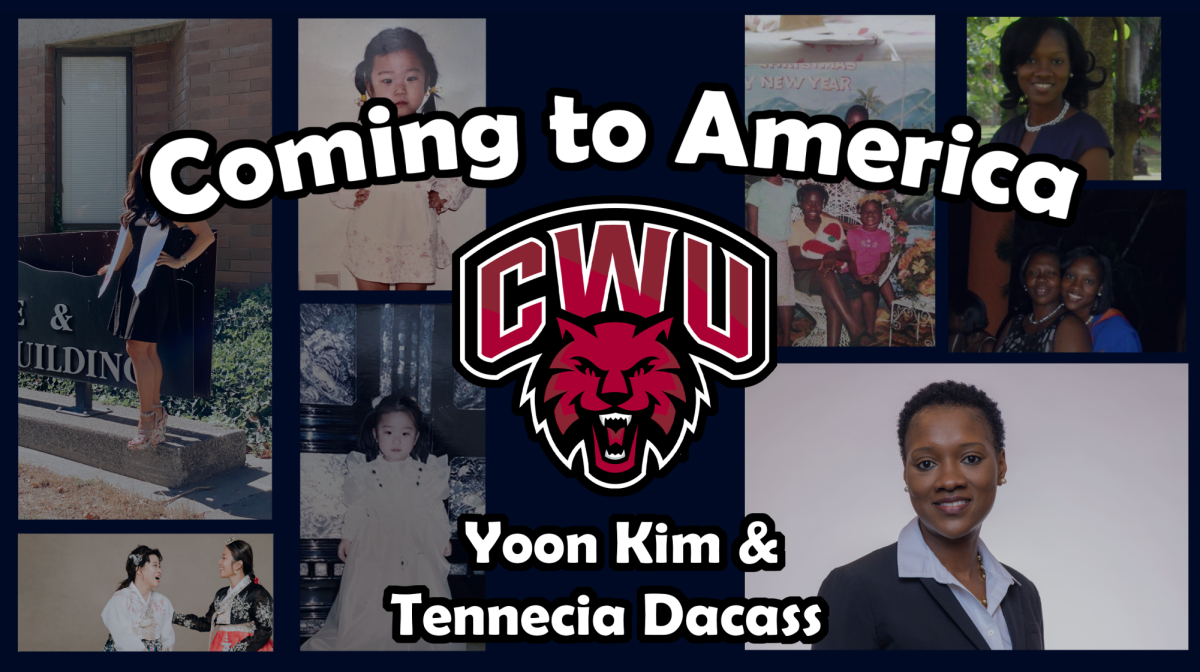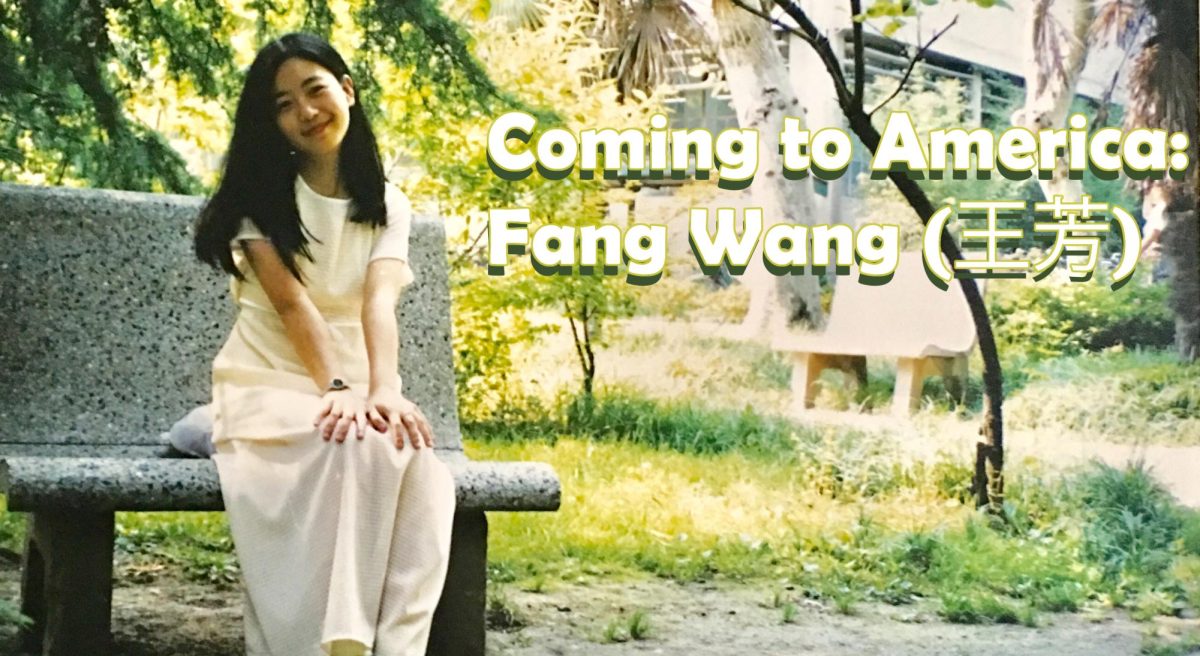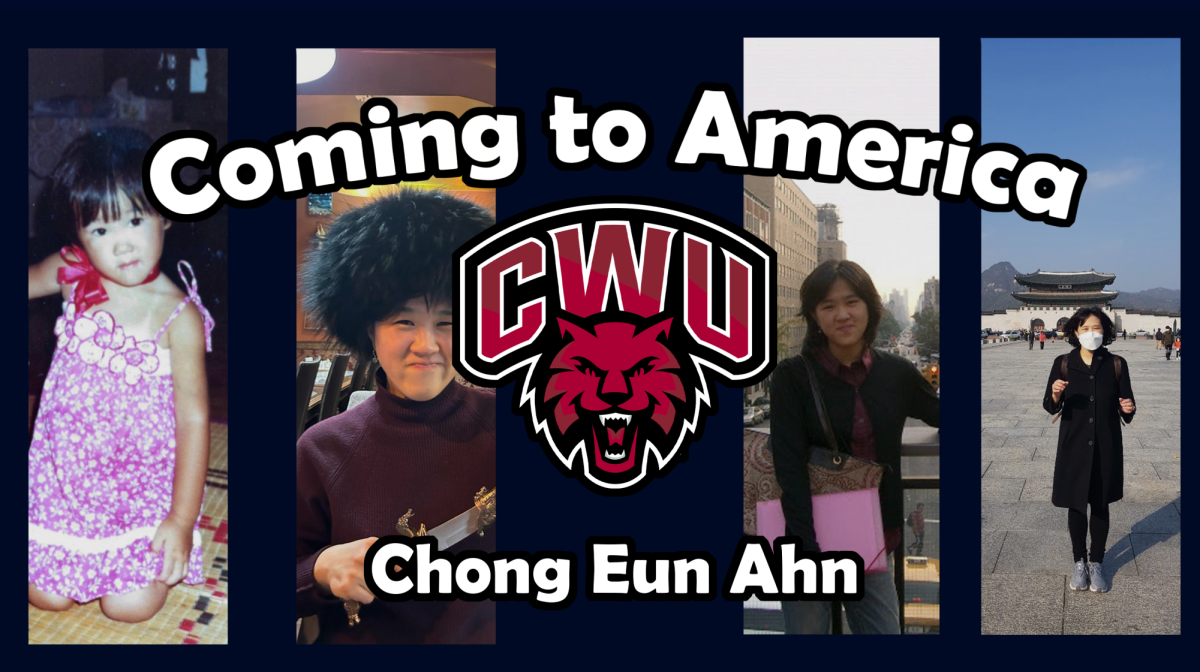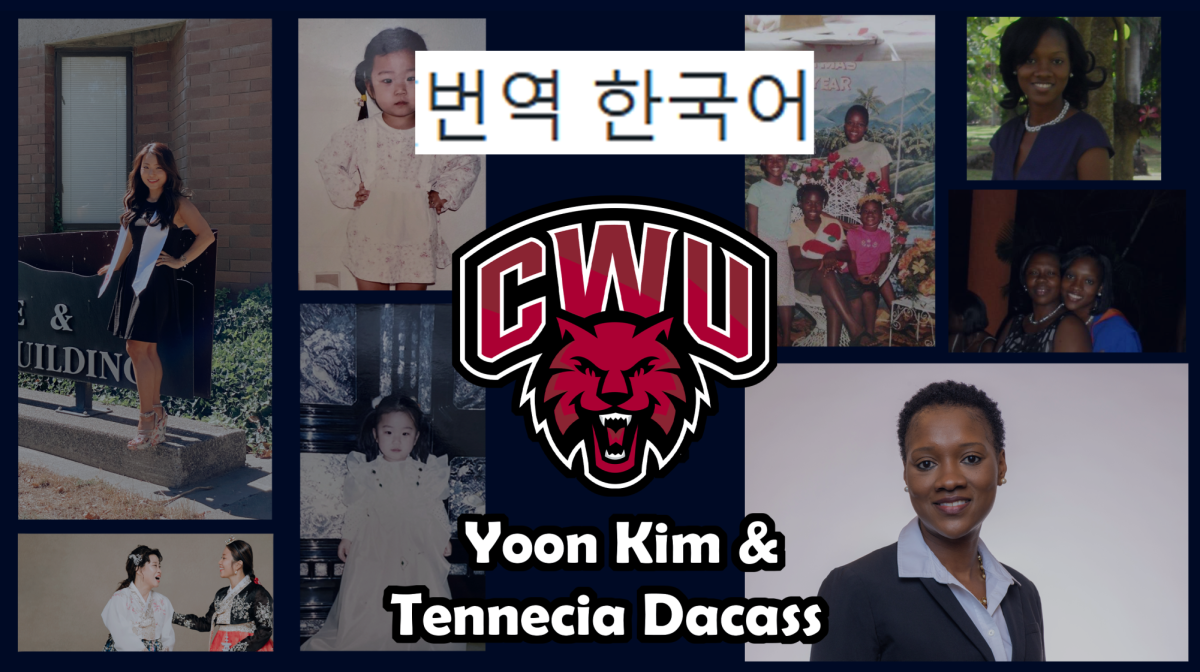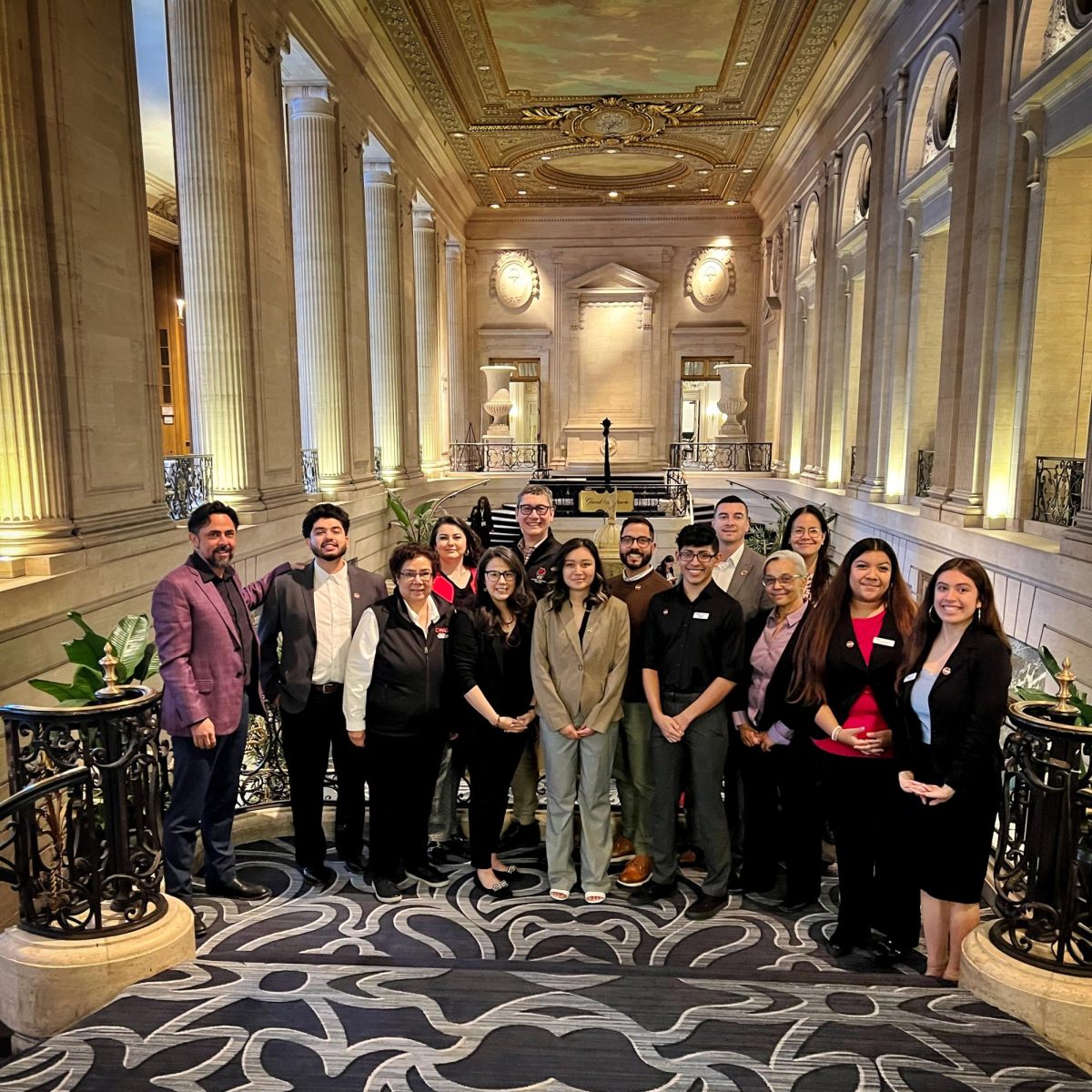In the first of a planned series, The Observer interviewed Dr. Tennecia Dacass and Professor Yoon Kim on their backgrounds as immigrants to the United States.
Tennecia Dacass
Dr. Tennecia Dacass is an associate professor in the economics department with her PhD in economics from Kansas State University. Dacass grew up in Kingston, the capital and the largest city in Jamaica.
“I am the eldest of five girls, and for most of my life, my mom was a single parent,” Dacass said. “I had to take a lot of responsibility early on, taking care of my siblings, and I recall just how much we focused on the basics like having enough food to eat. We would count the number of days until the end of the month when my mom gets paid.”
Despite living paycheck to paycheck in her childhood, Dacass said that her mother understood the value of education, and worked hard to make sure her and her siblings had what they needed, “She would do whatever it required. Working extra, getting another job just to make sure that we had all the books we needed. In Jamaica, you would be supplied with some, but not all of the books. I remember my mom taking a second job closer to the school year, just to make sure we had all of our books.”
Dacass completed her undergraduate degree at the University of the West Indies, “And then I went and I found a job, but it wasn’t as rewarding as I initially envisioned, and I realized I would need more training to achieve the things I wanted,” Dacass said. “So my end goal back then in my 20’s was to get the qualifications I need from the first world and then return home to contribute and try to empower some of the young people. My hope was to join the university [of the West Indies] as a faculty there.”
In 2014, Dacass moved to the United States to start her PhD program at Kansas State University. “But being here changed my outlook on things, in terms of the responsibility that oftentimes immigrants have for their families back home, right? Especially coming from a developing world, the US is viewed as the land of opportunities, and if you’ve migrated to the US of another first world country, you often switch roles to become more of a helper of your family. That’s one of the reasons I decided to stay, I believed I could get more returns on my education living in the US, and that would allow me to help my family back home,” Dacass said.
After graduating from her PhD program, Dacass interviewed with several Universities across the country, “I got a few fly outs, but Central was really special. I loved what I saw when I came here. The faculty was warm to me. I want to say that I thought that the college was lacking in diversity and so I figured I could contribute to that,” Dacass said. “In Jamaica. 95% of the population is black. So when you are there, you know that you are black, but it’s not something that you’re reminded of as often as living in a country with people from different cultural backgrounds and maybe even being treated differently because you’re black.”
To Dacass, the lack of diversity in Ellensburg has been very noticeable. She said that while a lot is being done on campus such as The Diversity and Equity Center (DEC) and THRIVE, the summers and even weekends really highlight that for her, “I recall my son walking to the park and seeing another person of color. He was just so excited. He’s four, and he was like ‘Mom, he looks like me!’ and that’s not something we are able to experience on the regular, so we have a lot more work to do.”
“America is called the country of immigrants,” Dacass said. “So I really want to share that on the net, immigrants coming here to the US are not here to mooch or become a burden. They are often here because this is the land of opportunity. Research shows that a large portion of immigration is positive. A large proportion of immigrants are highly skilled, and they are filling jobs that would not be filled otherwise.The net benefit of immigrants is a strong one.”
Yoon Ah Kim (김윤아)
Yoon Ah “Yoon” Kim is a professor of Korean language and culture who moved to Ellensburg from South Korea with her partner in 2013. Yoon Kim grew up in Gangdong (강동구), a district in east Seoul, the capital city of South Korea.
“[Gangdong] wasn’t somewhere really bougie like Gangnam, it wasn’t like high class society, but it wasn’t countryside either. It was really comfortable and really safe,” Yoon Kim said. “This is where my whole family, my entire childhood and my school life was. I miss little me, the little girl who grew up there, and I miss the family time. At that time [when I was a child] I was actually thinking ‘oh I’m going to be the president of Korea,’ and I miss the little me that grew up with big dreams and big goals, not knowing how privileged I was.”
Yoon Kim attended University in Seoul, first at Dong-ah Institute of Media and Arts (동아방송예대) and then at Hankuk University of Foreign studies (한국외국어대학교), “With my second degree, I did not fully finish because I moved to Ellensburg,” Yoon Kim said.
“I never noticed until I moved here how my life was really good and comfortable and privileged. I really just didn’t have to go through any struggles or any concerns. That’s such a luxury in Korea that I had. So after I moved here my world was kind of flipped,” Yoon Kim said. “First of all, I did not have a license of any sort of papers, although I was not undocumented, the experience that I had was to build from zero. I had to rebuild my life and my whole identity. This whole world kind of forced me to become like a little seven year old, which meant I had to depend my whole life on other people.” Yoon Kim states that because of her lack of papers, she couldn’t do things like drive, purchase alcohol or even work because she was under a student visa.
Yoon Kim also struggled with people’s perception of her, “People treat you differently here. I don’t want to get categorized like a stereotypical Asian immigrant. Some people call Asian people model immigrants because we become lawyers or doctors, you know the stereotype. People just see me outside and then adapt to the stereotypical race stuff, and that’s just not who I am. Also the language barrier and different cultural perspectives. All of a sudden I just became a minority in every aspect.”
Eventually, Yoon Kim said she wants to live somewhere that is sunny, but also more diverse than Ellensburg, “I want [to live] somewhere that has my diversity existing just generally as a town and culture. I like to get surrounded by many people who are maybe from a similar cultural background as me, maybe some people from Korea, but I want more diversity and a melting pot of cultures. It doesn’t matter if it’s in Korea or America. I adore both of my homes, both Korea and America, because they have such different cultural perspectives.”


